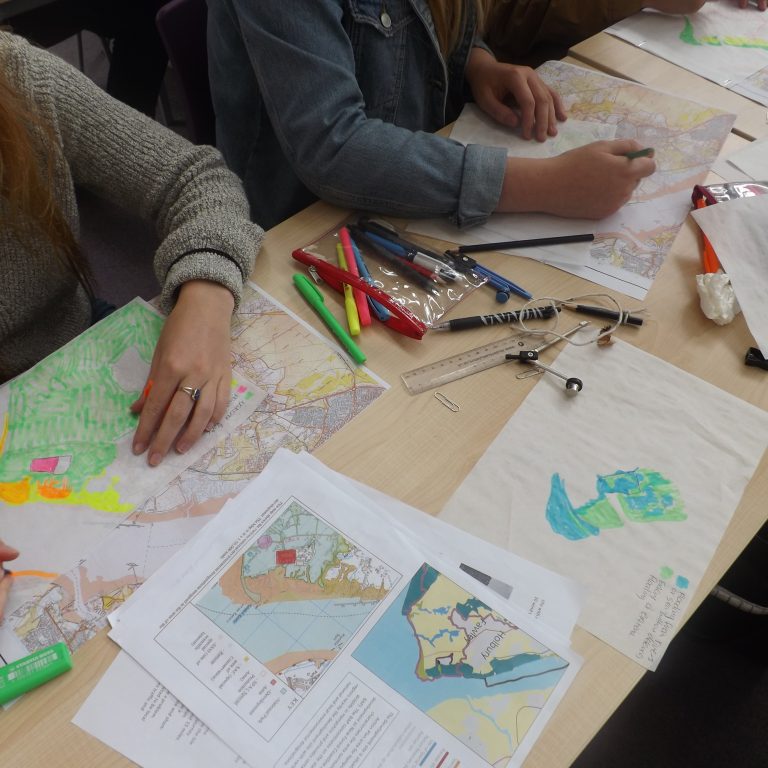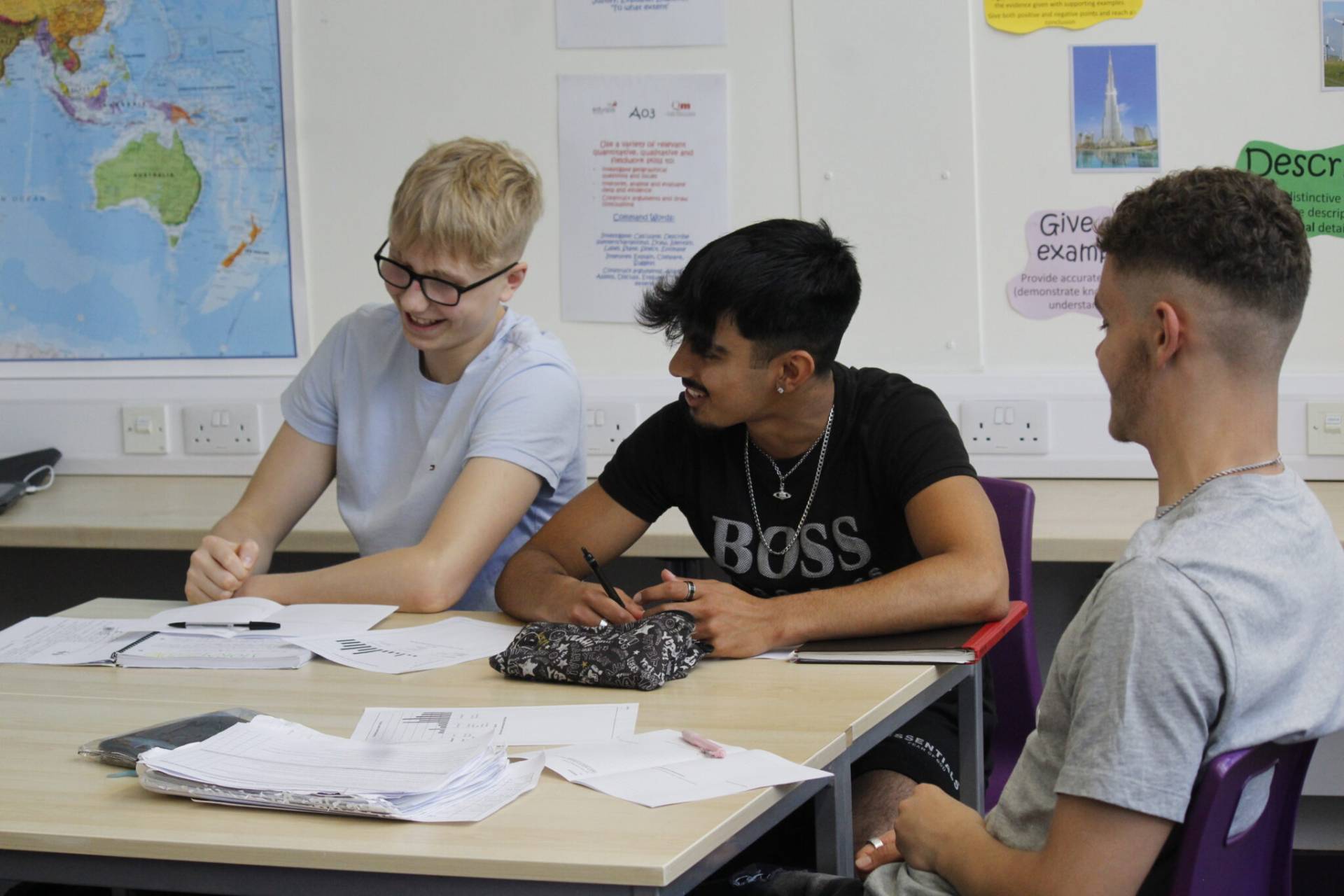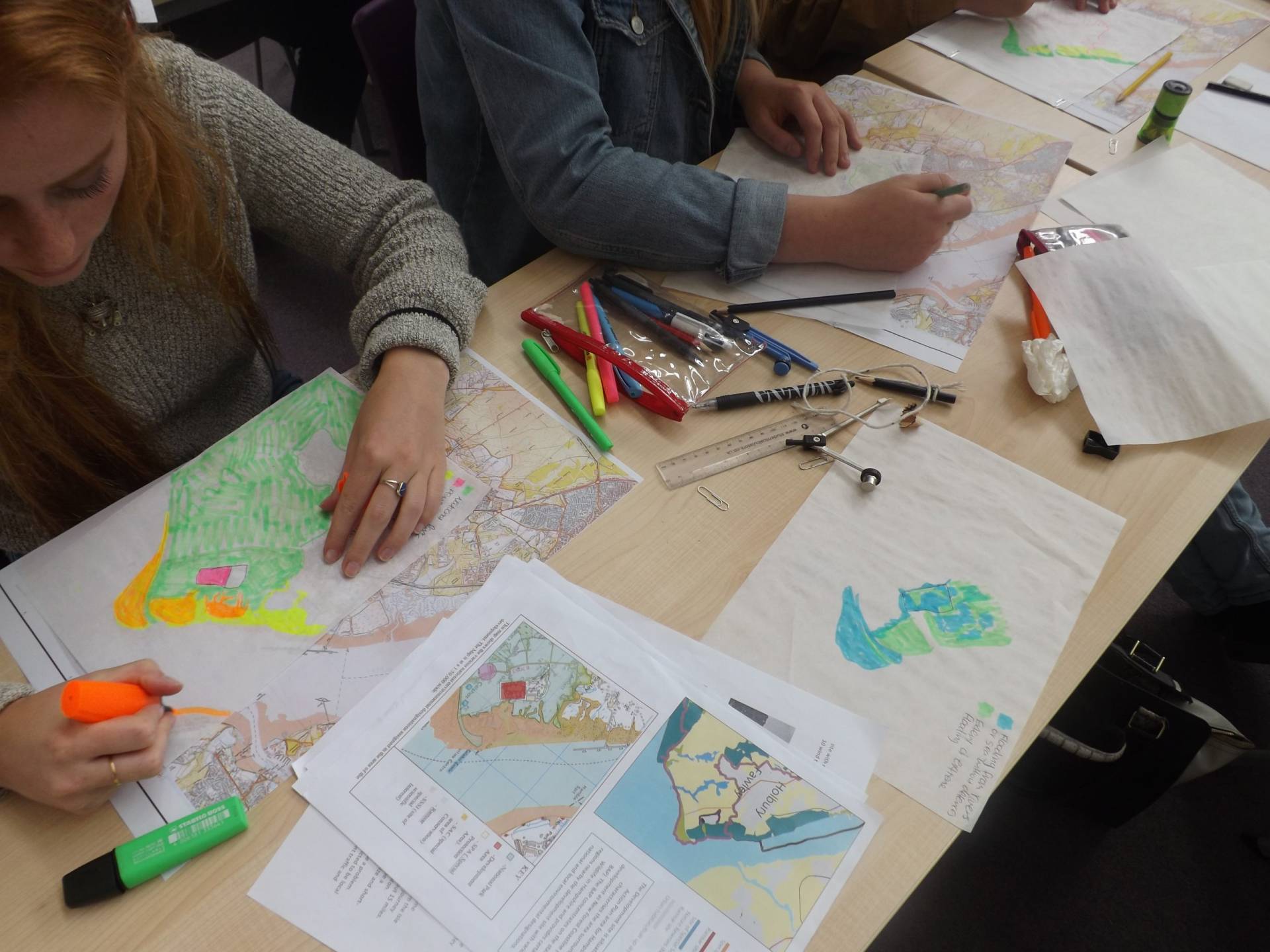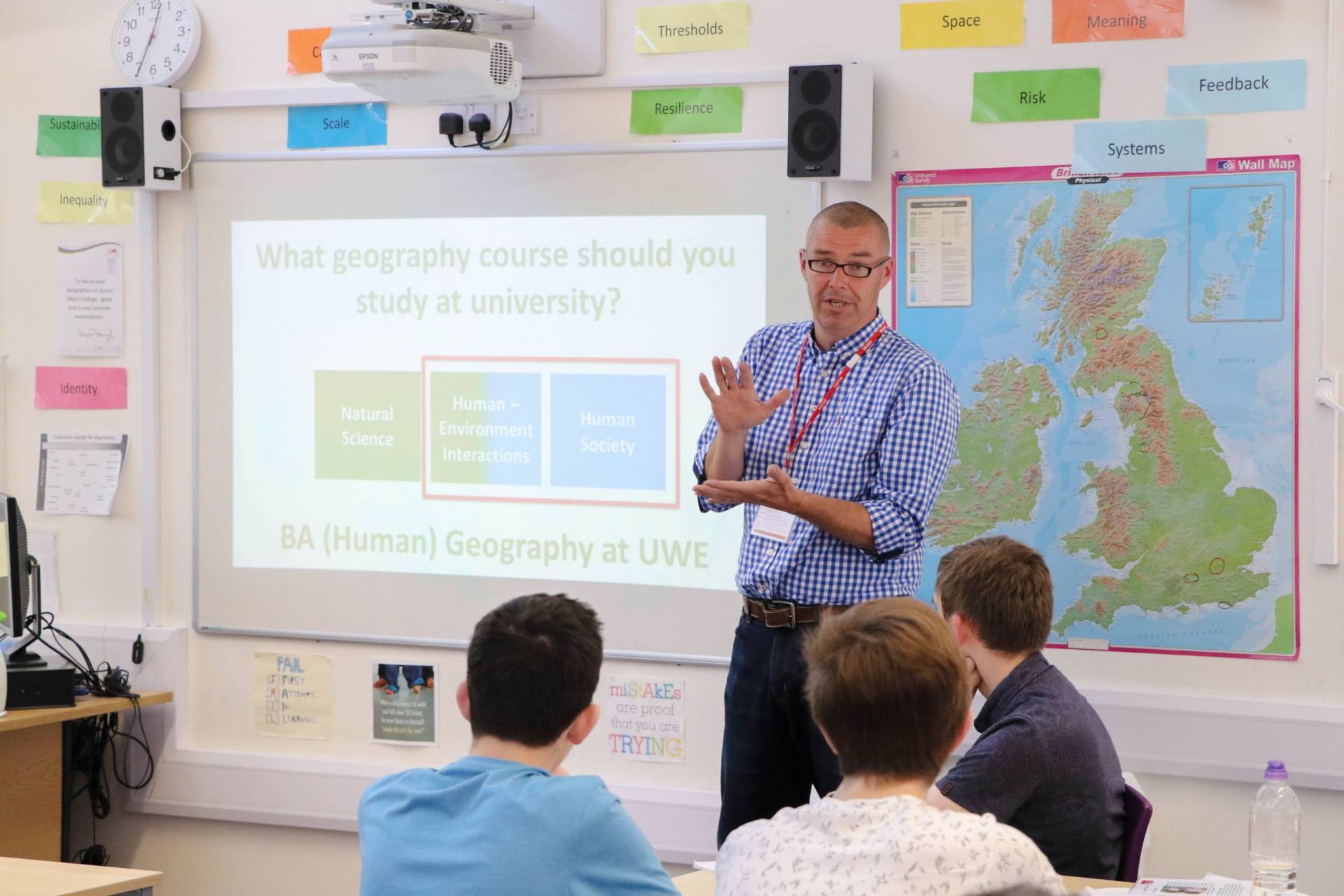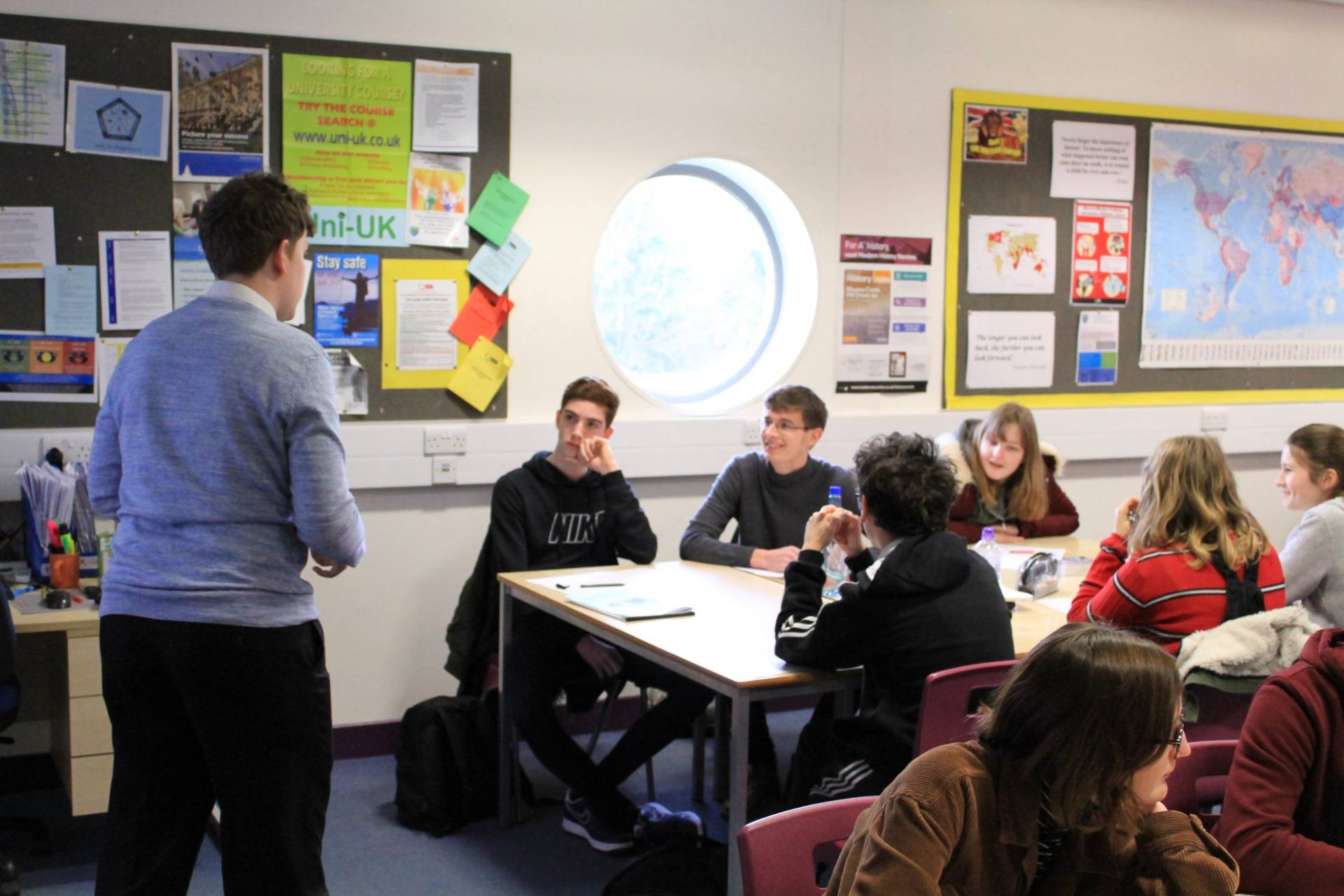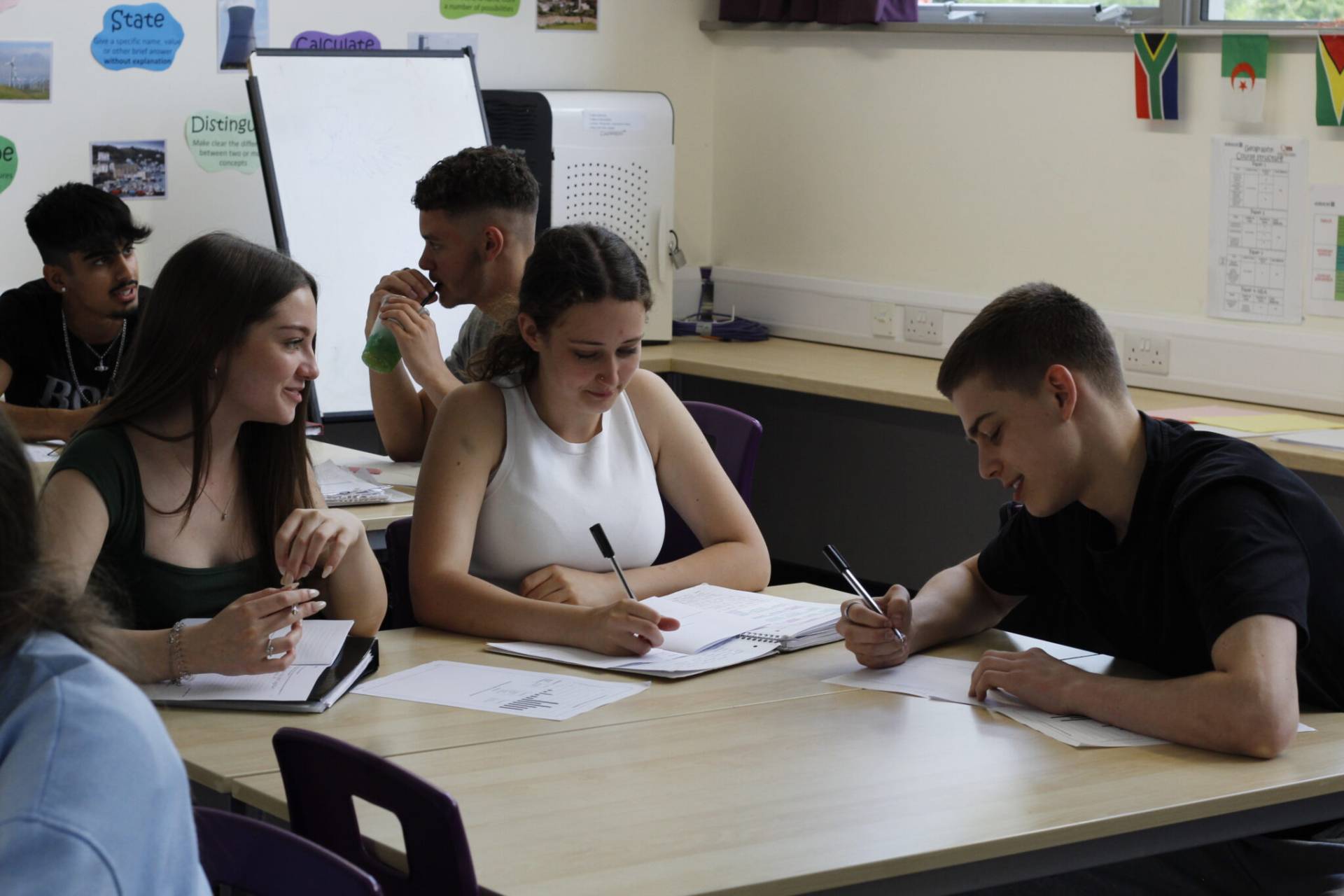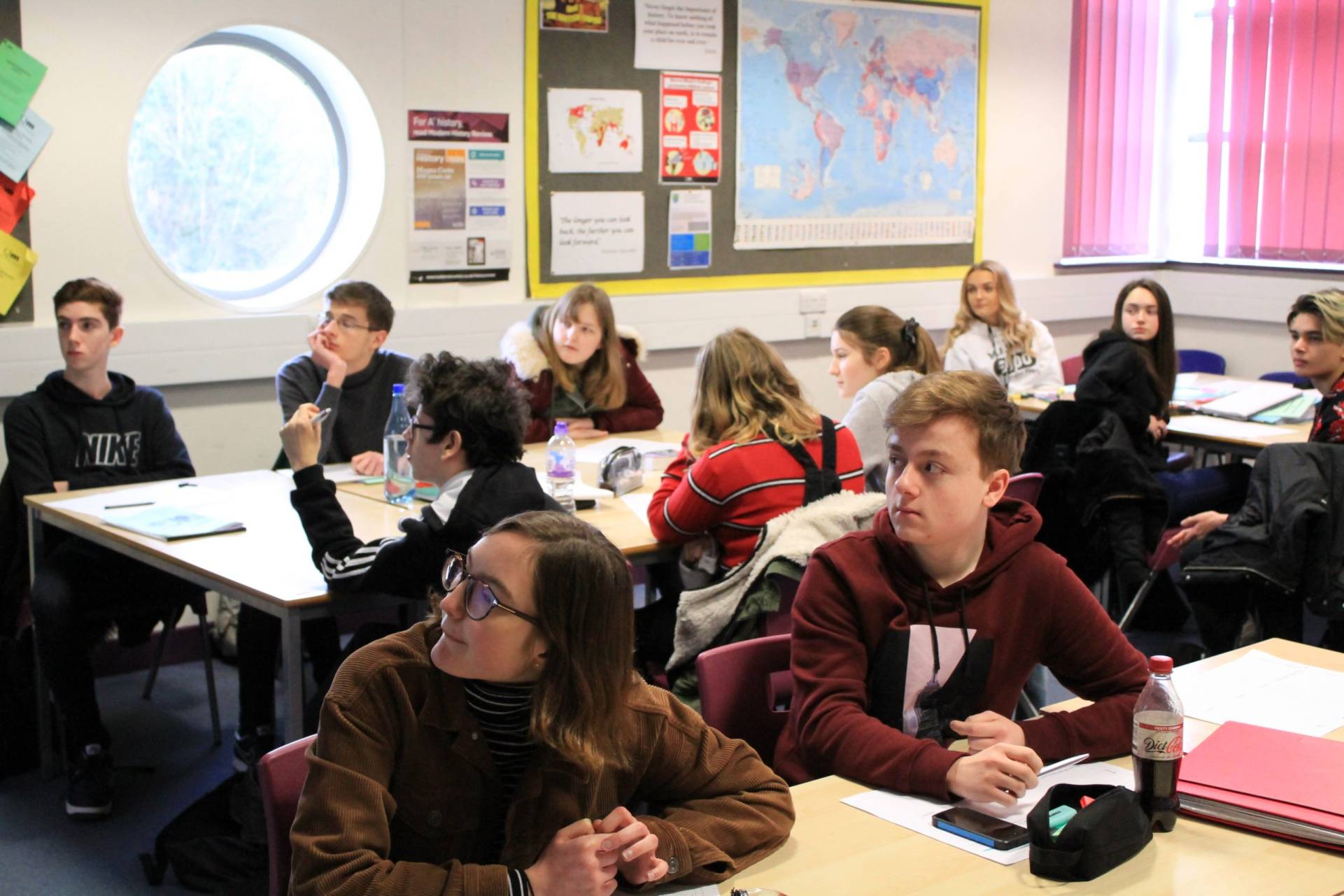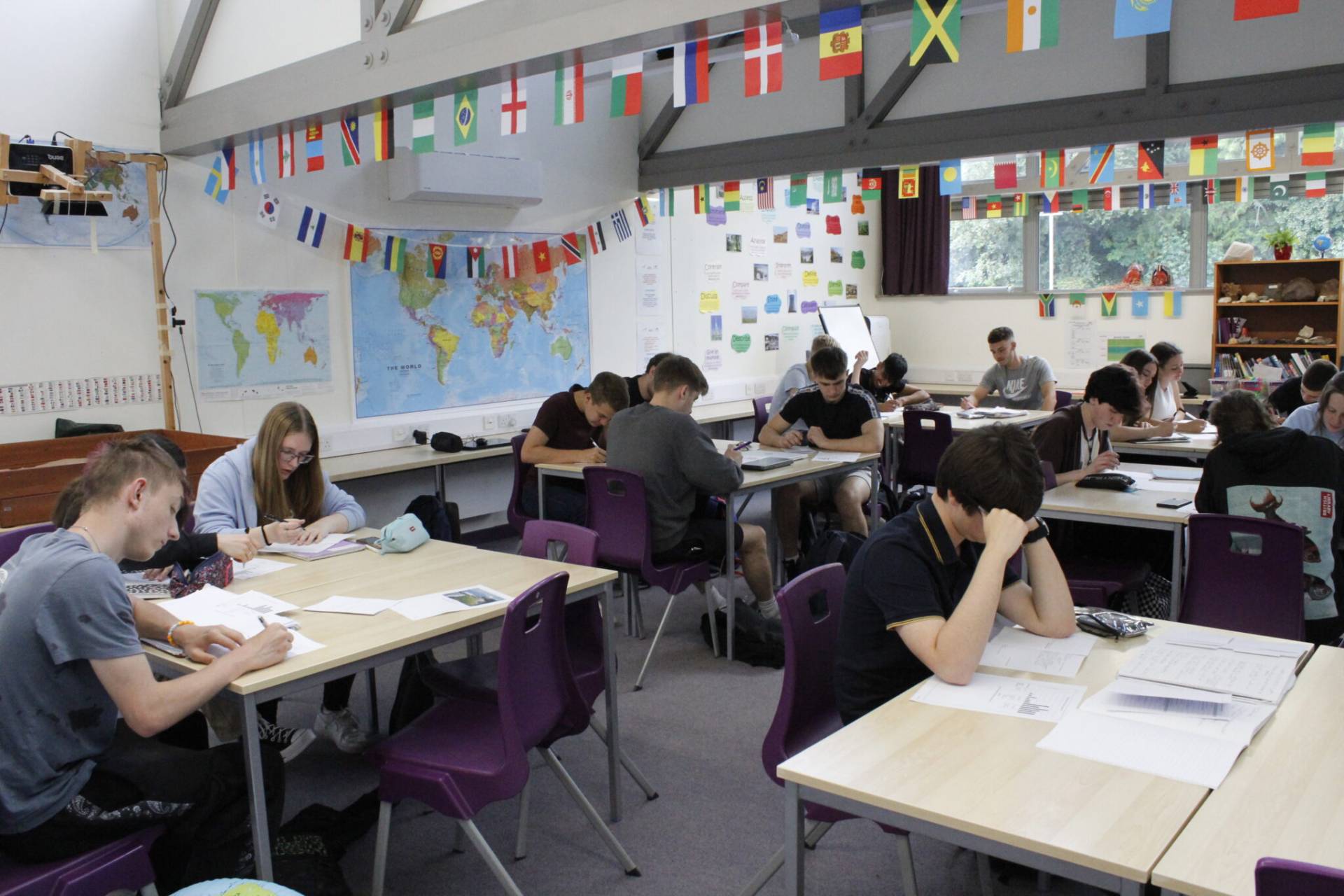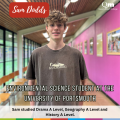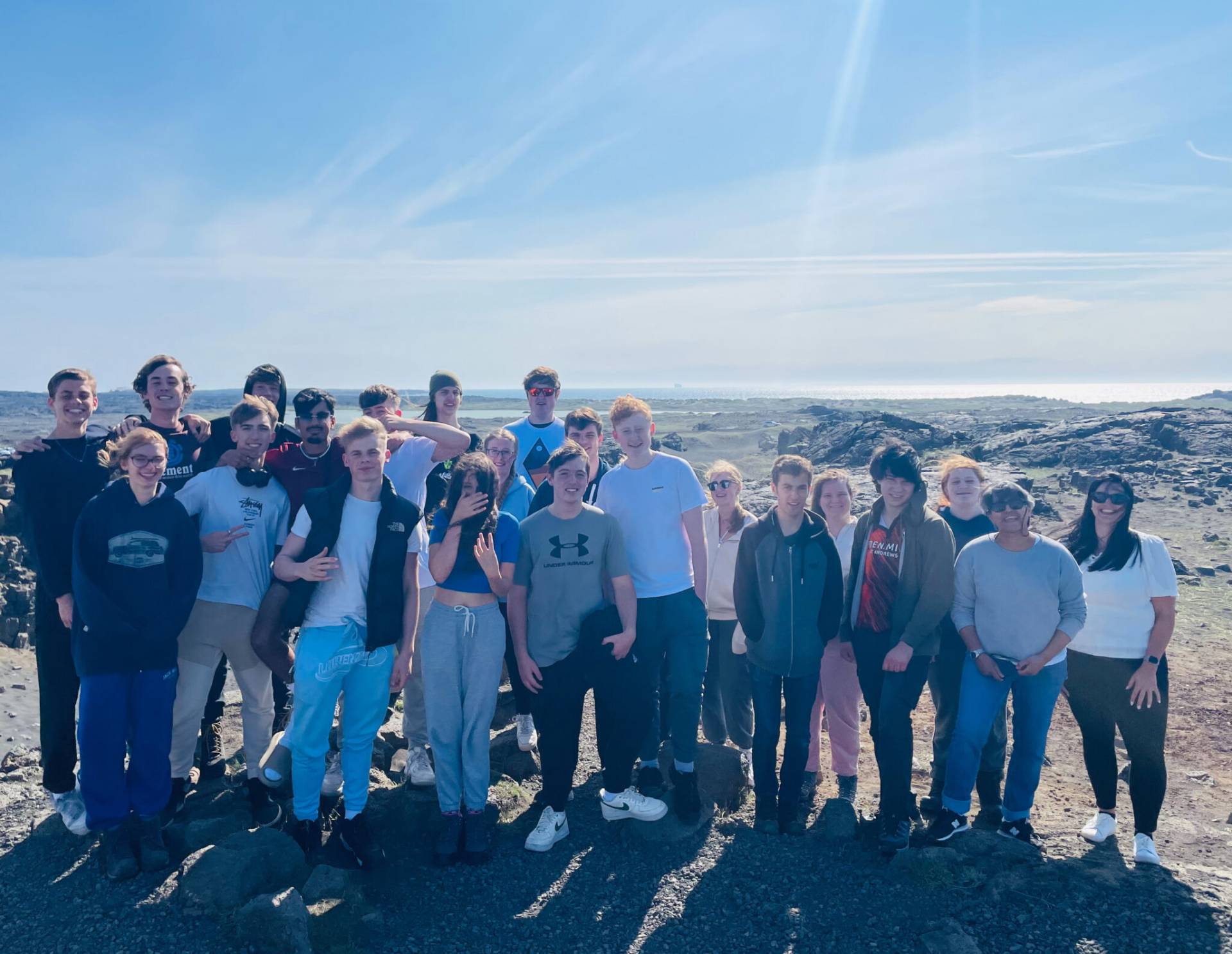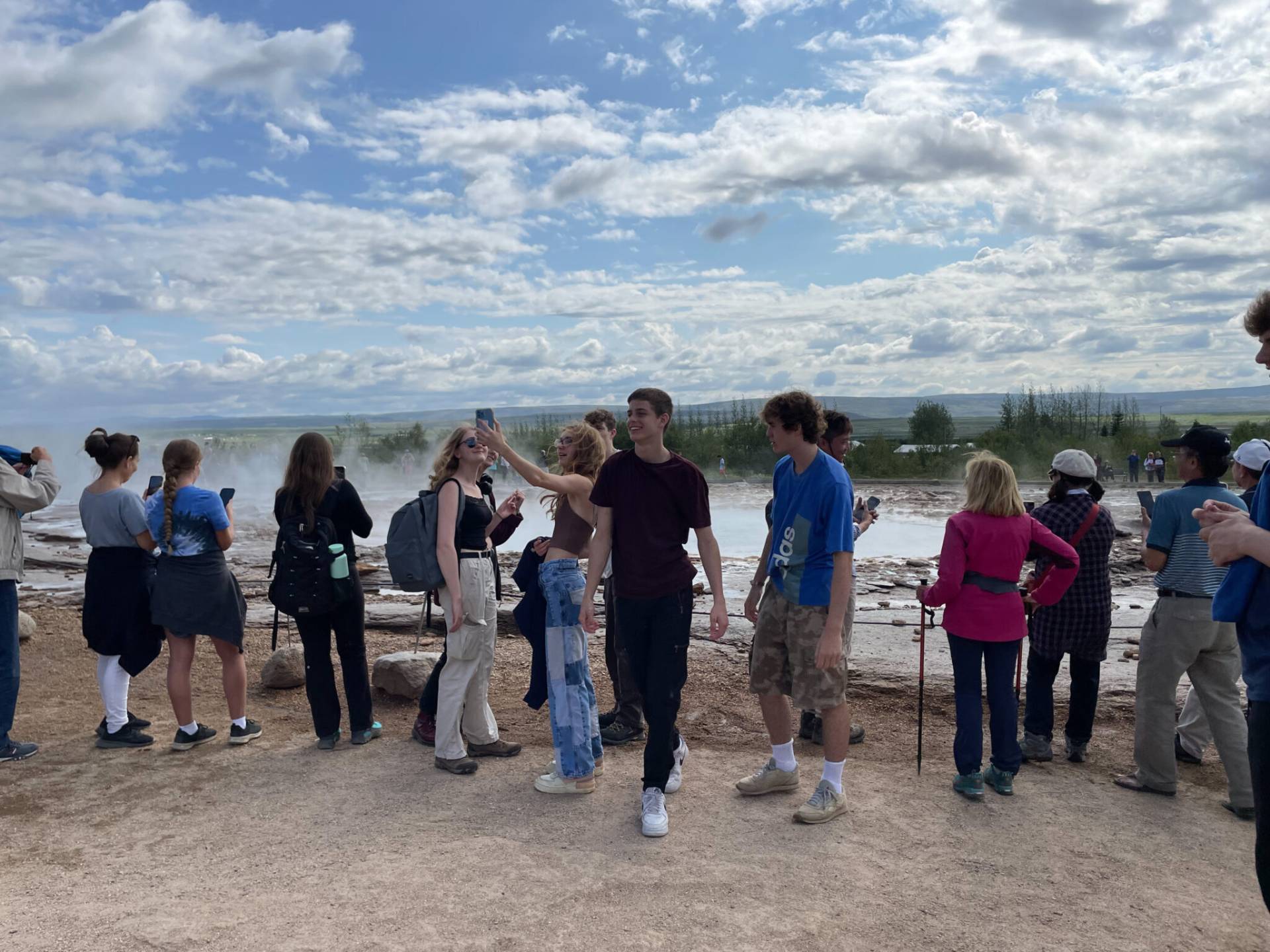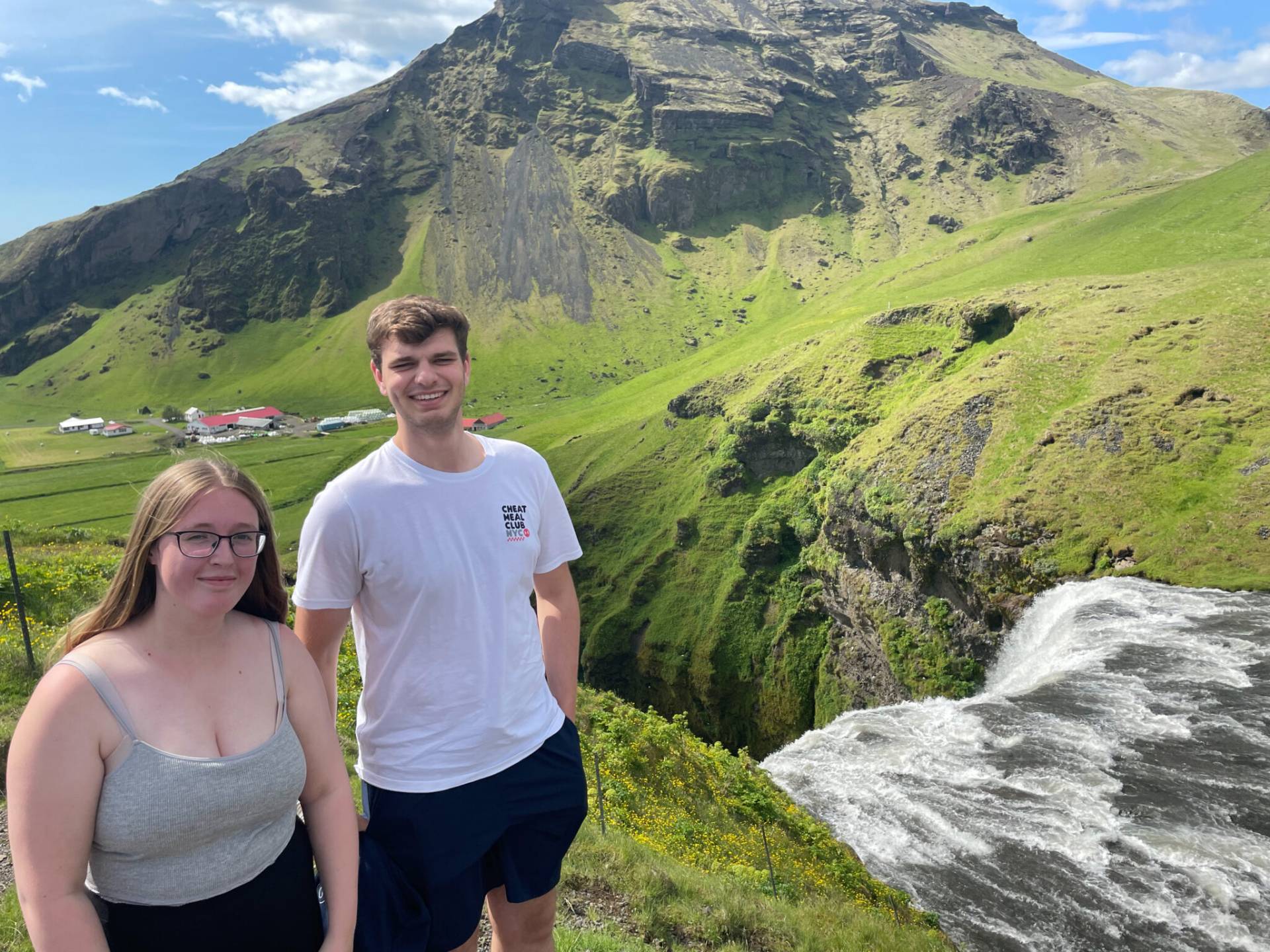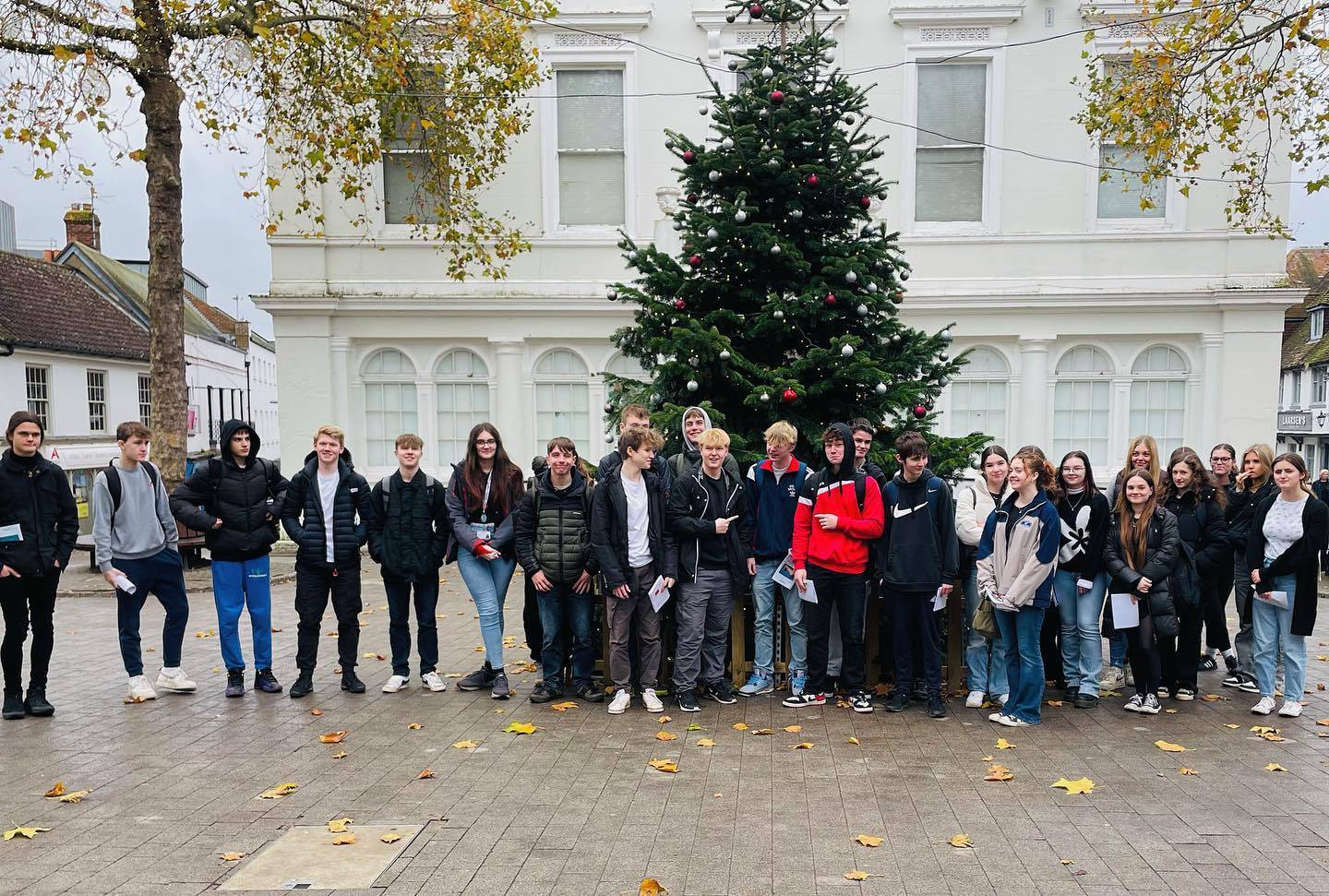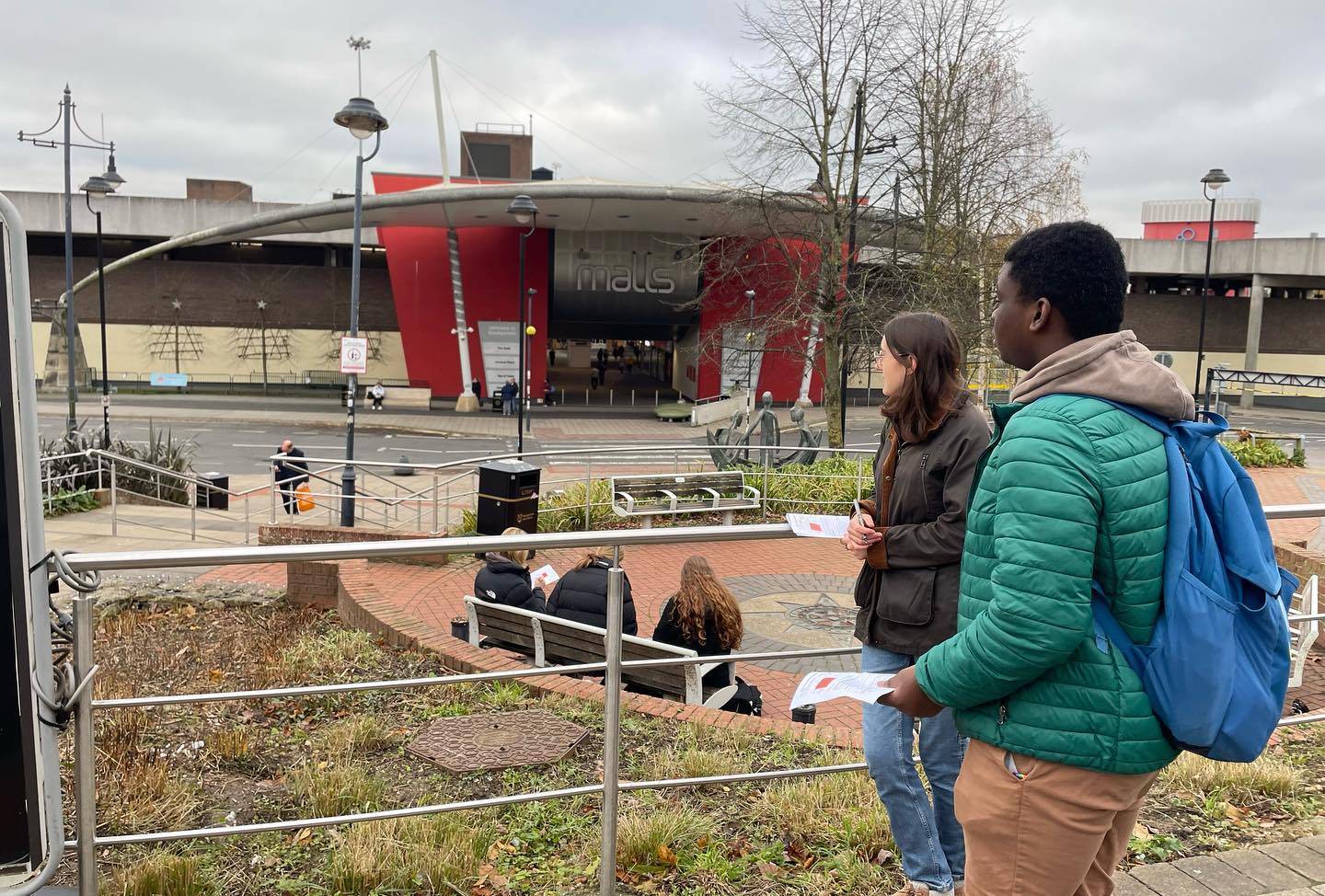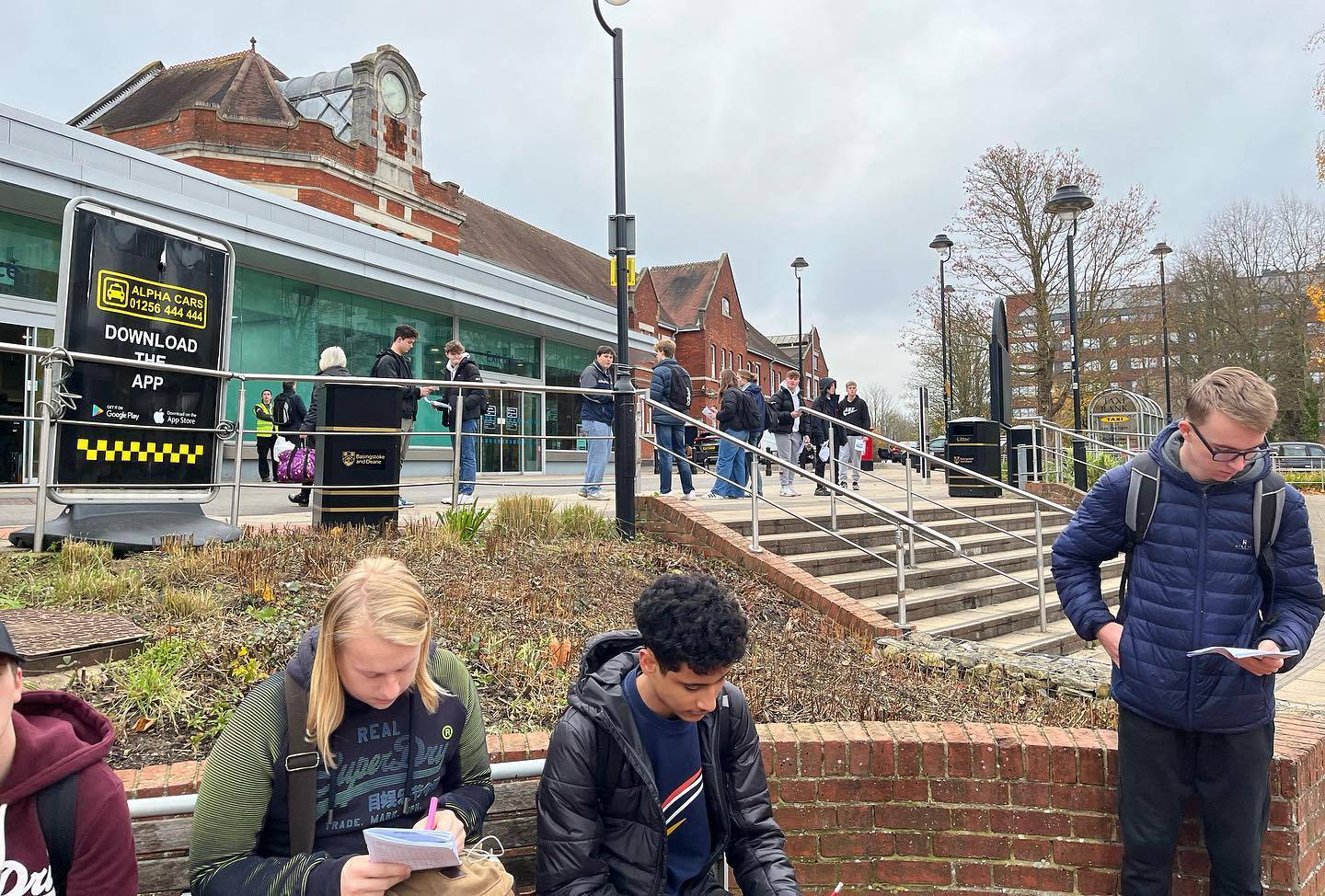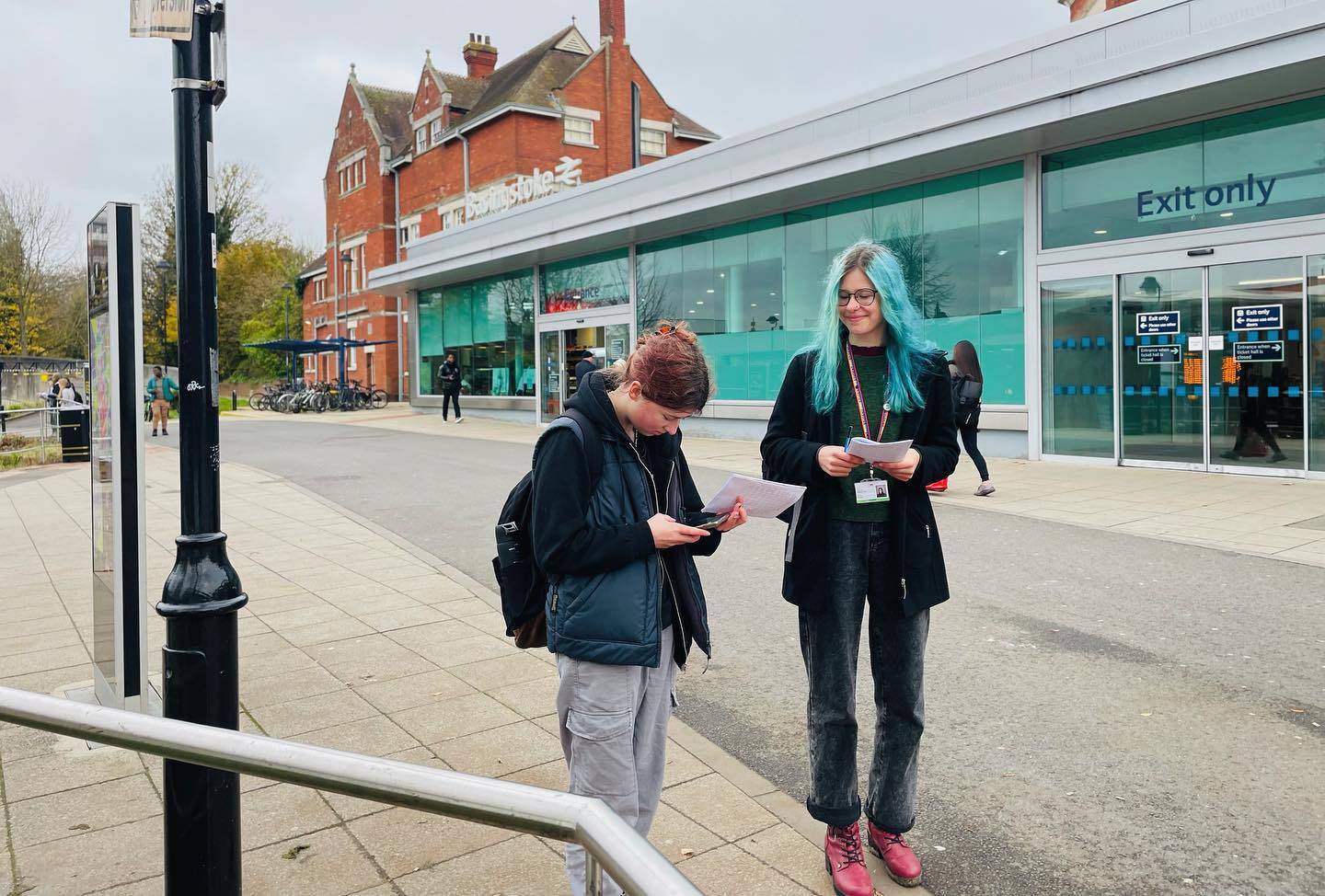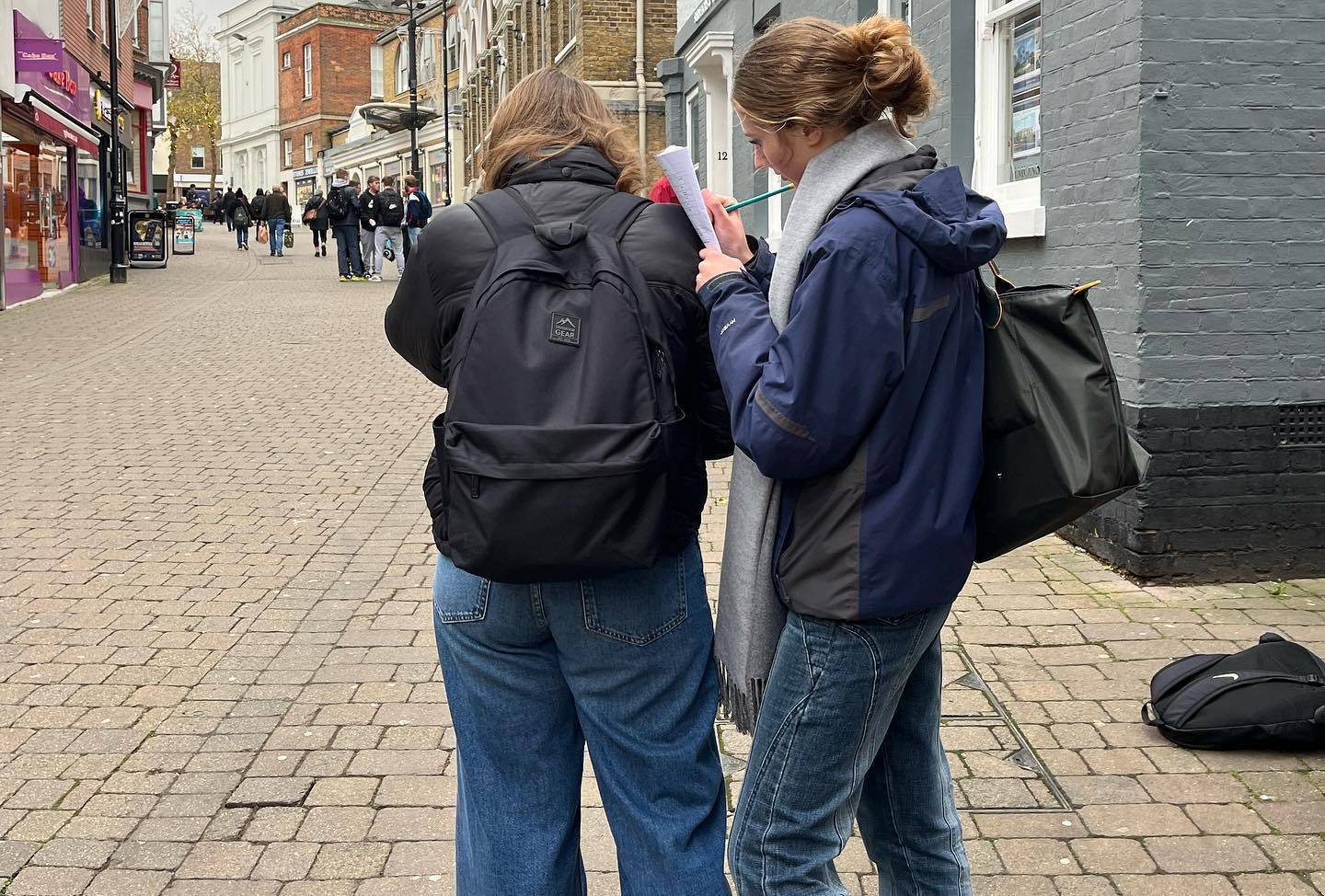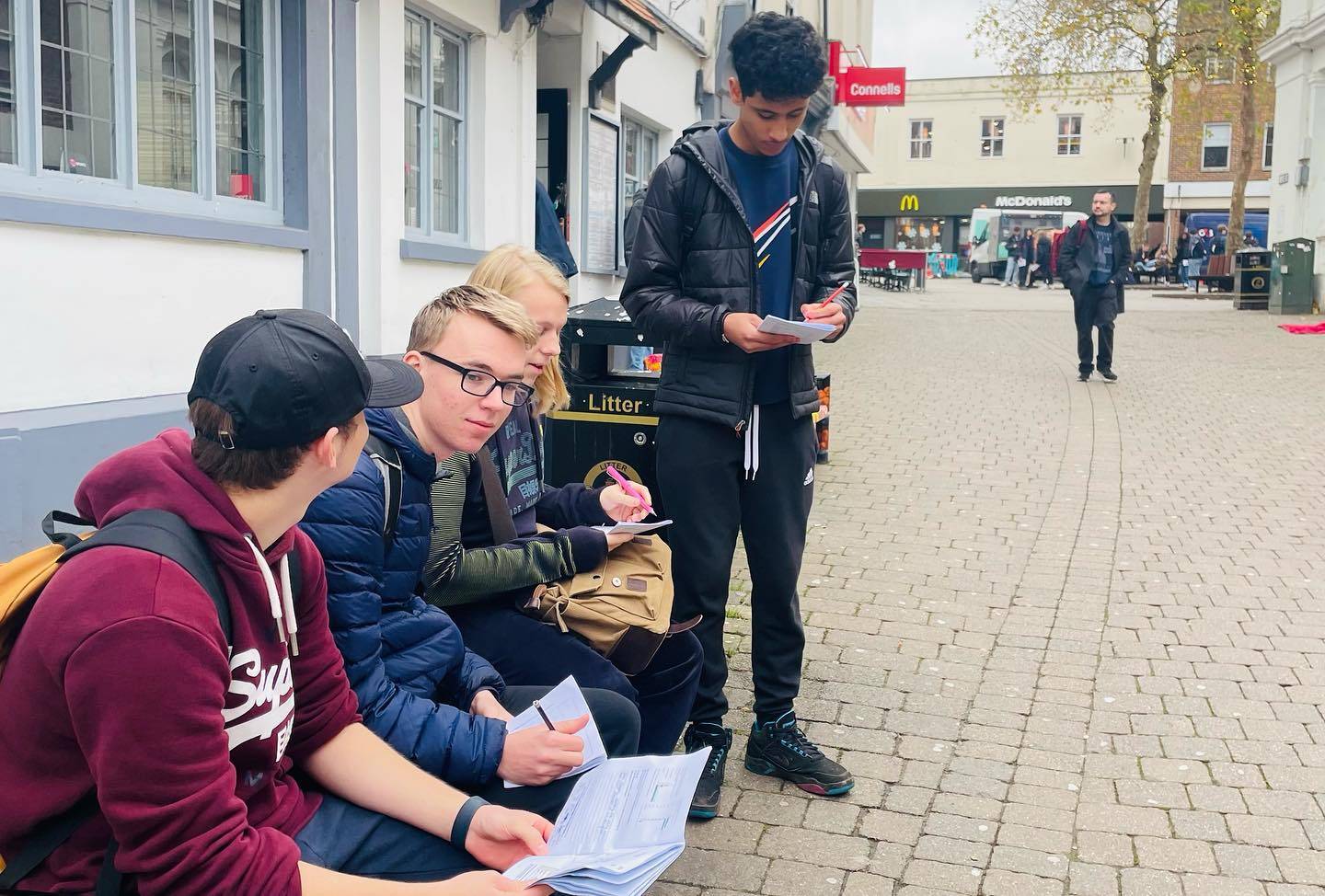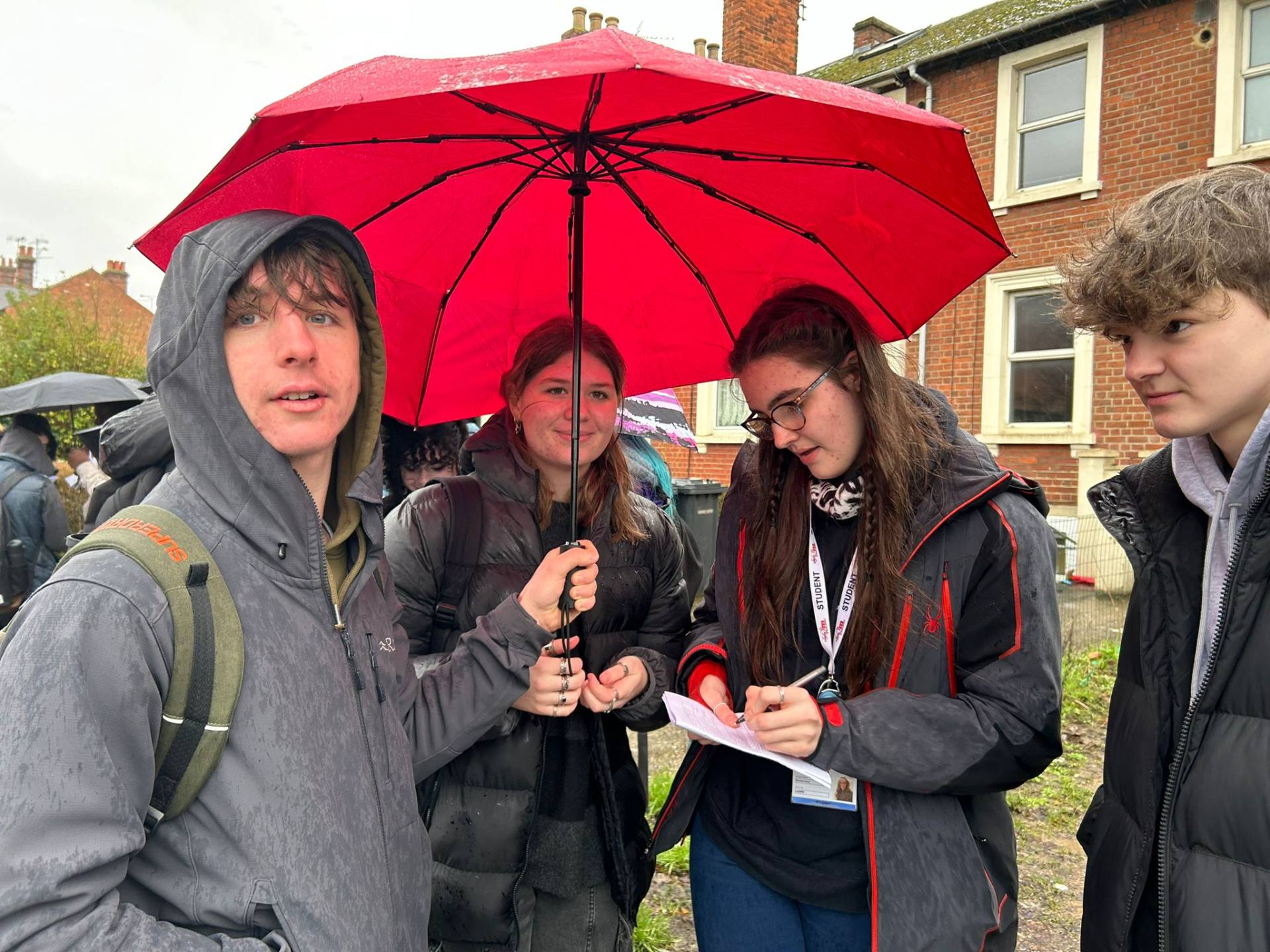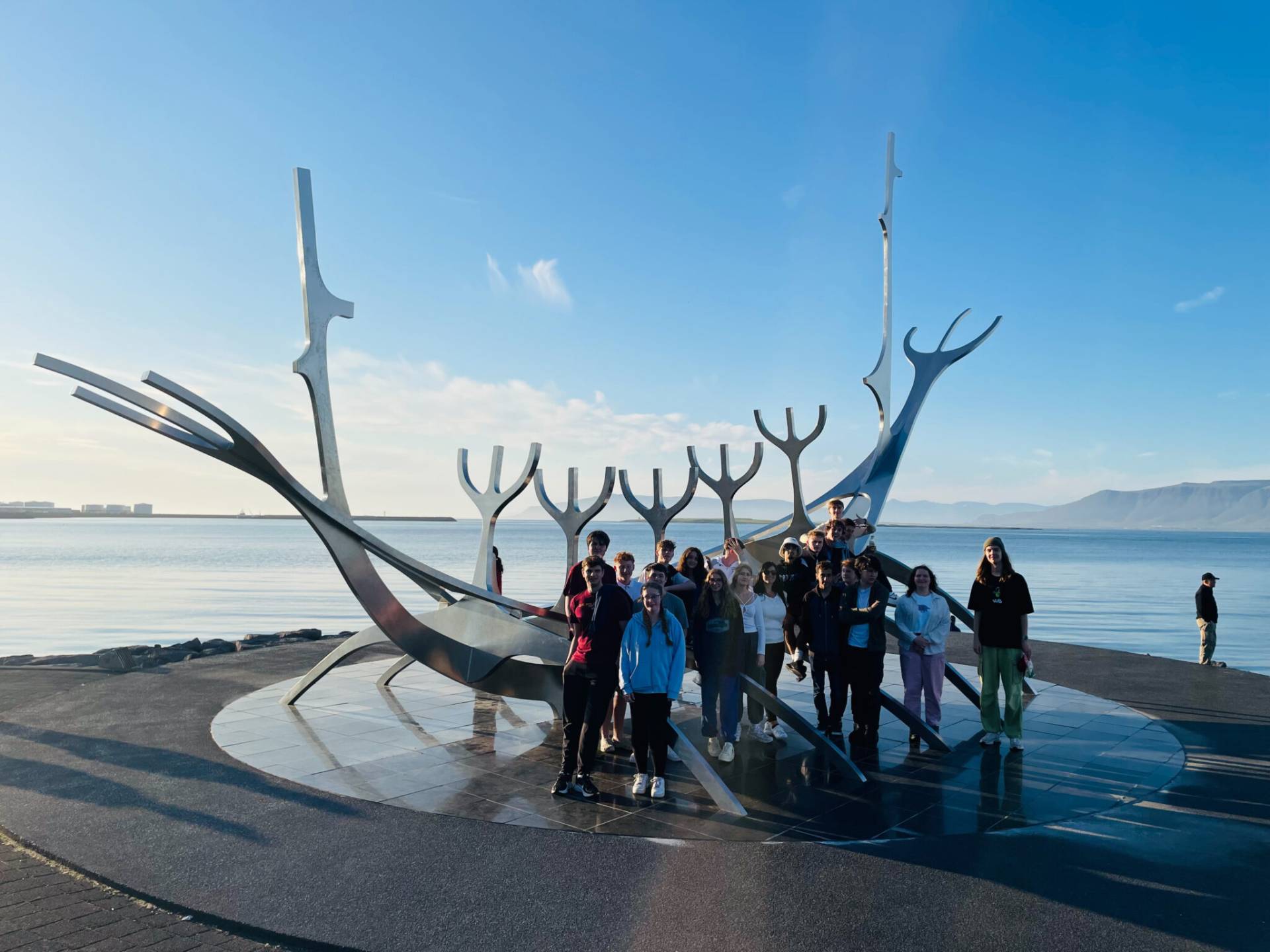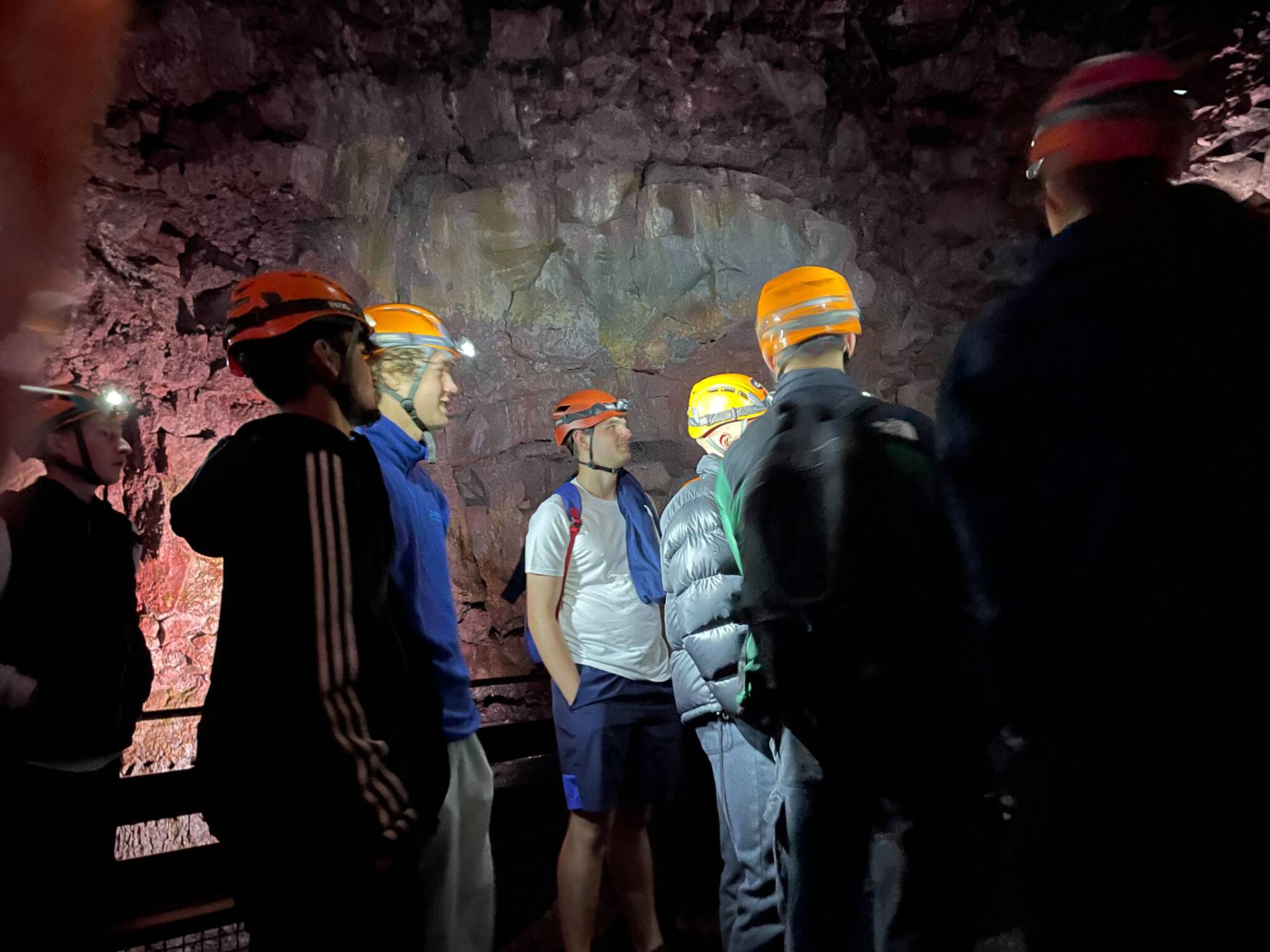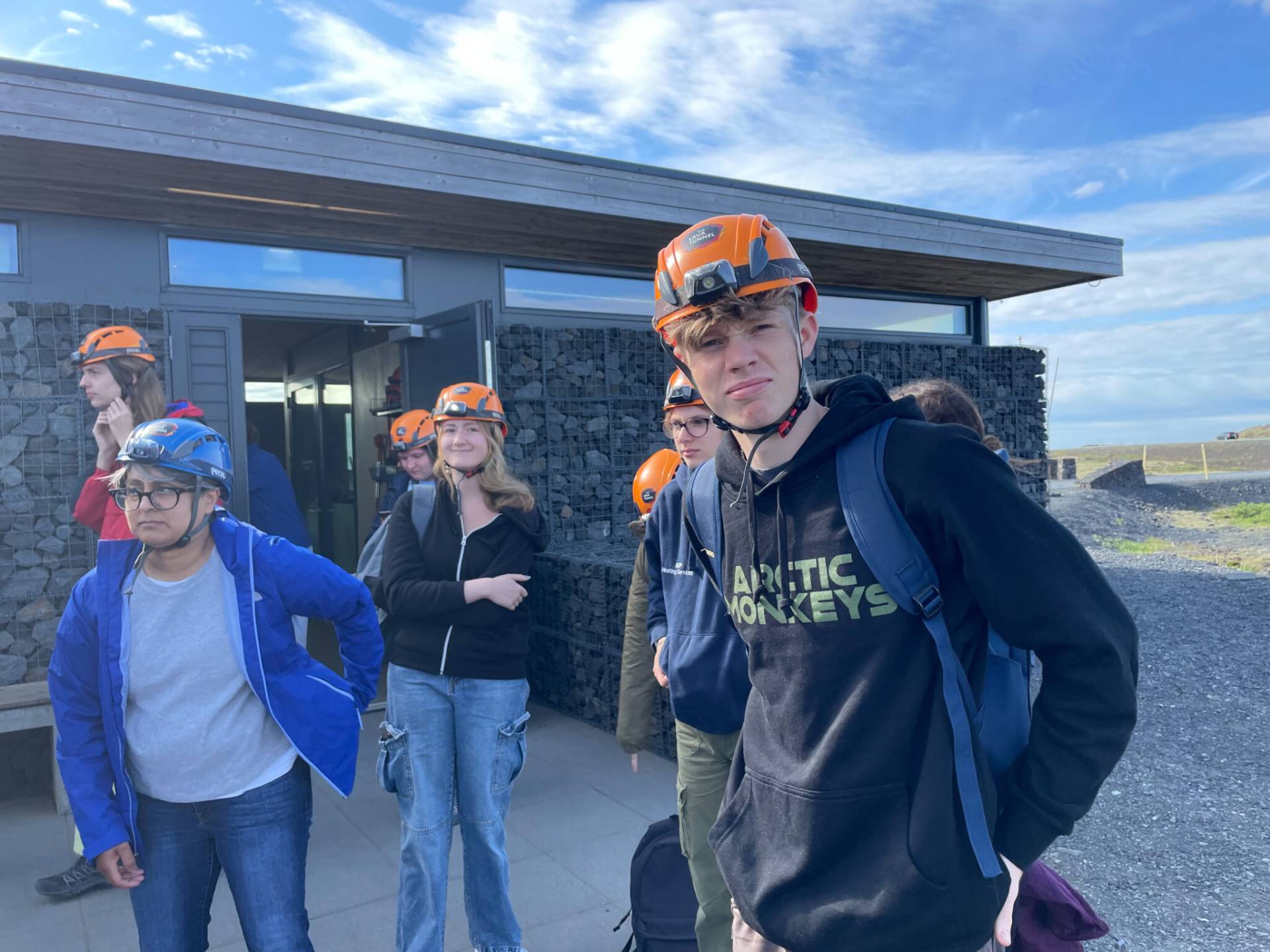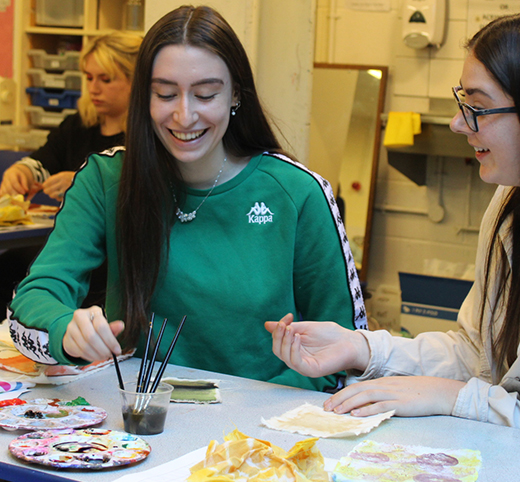Geography is a discipline that in one way or another relates to everyone both in understanding the physical world and what we do in it. The focus of the Geography A Level course is to develop an enthusiasm for, and competence in, geography by using contemporary real-world contexts, across a range of specified spatial and temporal scales, and through engagement with practical application of geographical skills and techniques in the field.
As part of your studies you’ll assess the merits of competing theories and explanations. Your understanding will be enhanced by our links with highly renowned academics and via the additional enrichment activities on offer. Teachers within the department come from a variety of backgrounds and specialisms, bringing an often unique quality to their teaching. Having high standards and expectations means that each individual in their care is guided to achieve to the best of their ability.


